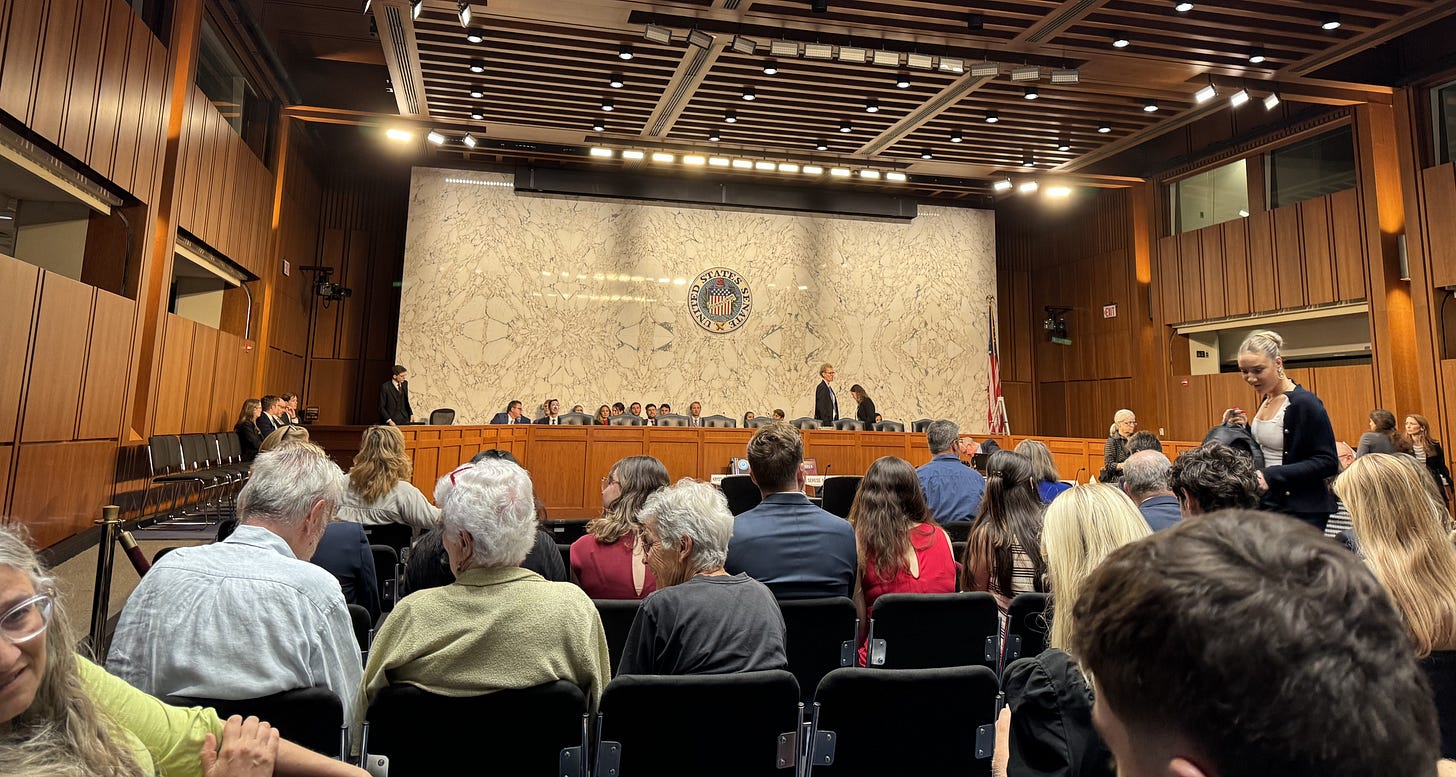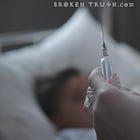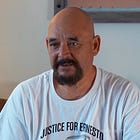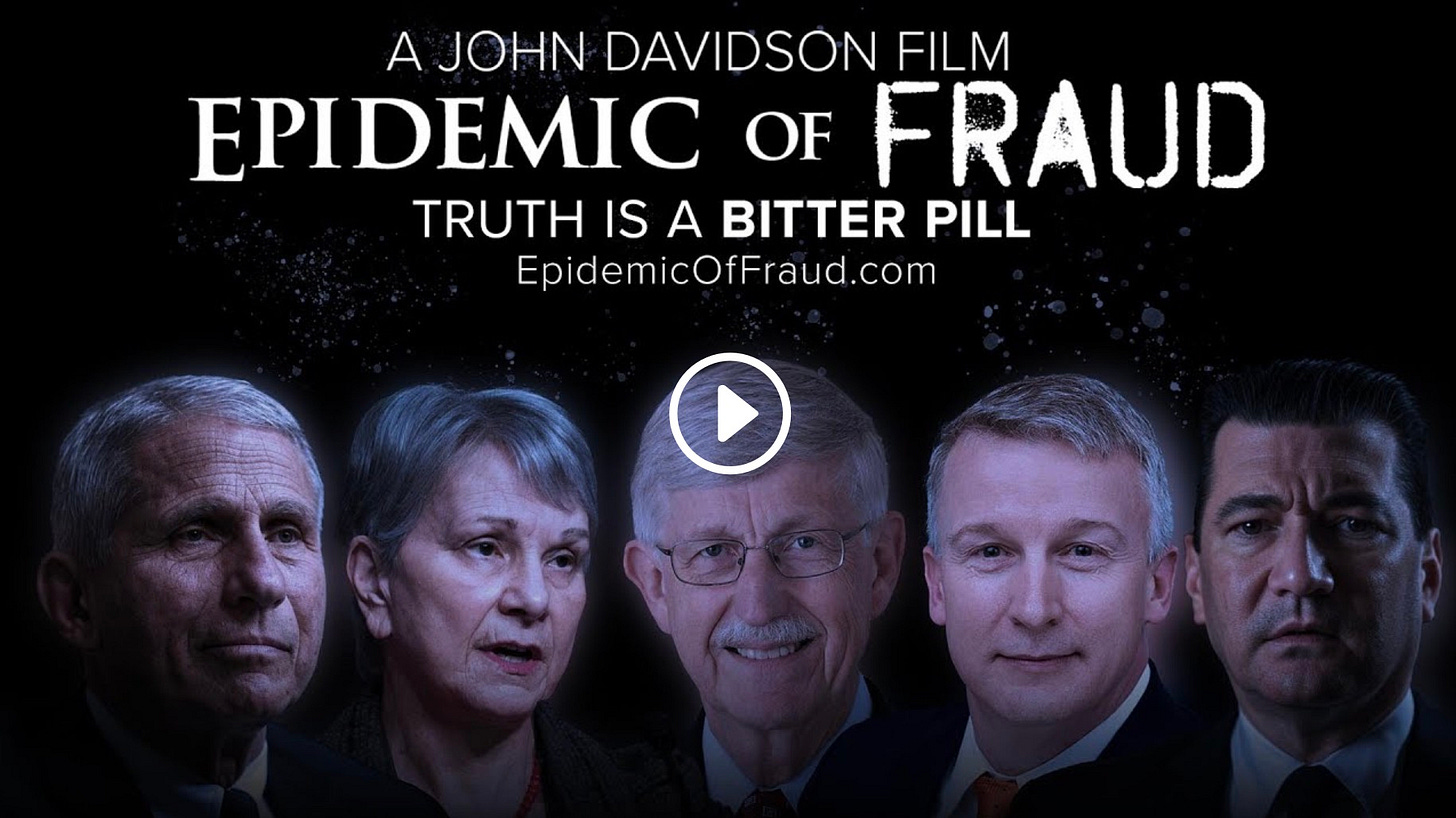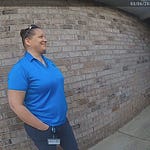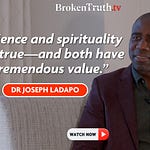Today, on July 15, 2025, Senator Ron Johnson (R-WI) chaired a pivotal Senate hearing titled "Voices of the Vaccine Injured," held under the auspices of the Senate Homeland Security and Governmental Affairs Subcommittee. The event featured emotional testimonies from vaccine injury victims, bereaved families, and medical experts, aiming to amplify often-silenced stories of harm while addressing broader debates on vaccine safety, efficacy, and policy. Senator Richard Blumenthal (D-CT) offered a counterpoint, emphasizing the life-saving benefits of vaccines and sharing accounts of losses from preventable diseases.
Senator Blumenthal’s Fallacy of Logic
According to OpenSecrets, throughout his career, Senator Blumenthal has received $1,516,655 from health sector donations.
In an odd comparison, Senator Blumenthal compared liability immunity for vaccine manufacturers to the gun industry. We assure the Senator, if the government ever mandates shooting citizens with guns, we will certainly be vocal in our opposition of that as well. Let’s let Grok explain this logical fallacy:
The primary logical fallacy in Senator Richard Blumenthal's comparison of liability immunity for vaccine manufacturers to that for the gun industry is false equivalence.
This fallacy occurs when two things are portrayed as equivalent based on superficial similarities, while ignoring significant differences in context, purpose, or impact. Blumenthal highlighted that both industries enjoy "blanket immunity" from lawsuits (referencing the 1986 National Childhood Vaccine Injury Act for vaccines and the 2005 Protection of Lawful Commerce in Arms Act, or PLCAA, for guns) and suggested critics of vaccine immunity should consistently oppose gun immunity to avoid hypocrisy. However, the immunities are not truly comparable:
- Vaccine manufacturer immunity was enacted to ensure vaccine availability amid a public health crisis, as lawsuits threatened to drive companies out of the market. Vaccines are often mandated for public health reasons (e.g., school entry), and claims are handled through a no-fault compensation system (NVICP) funded by an excise tax on vaccines.
- Gun manufacturer immunity under PLCAA protects against suits for lawful products misused by third parties (e.g., criminal acts), but allows lawsuits for defective products, negligence, or violations of law. It does not cover mandated products and stems from concerns over frivolous litigation, not supply shortages for essential health tools.
By equating them, the argument oversimplifies and distracts from the unique public health rationale for vaccine protections. It also veers into whataboutism (a form of deflection by pointing to another issue) and an implied appeal to hypocrisy (tu quoque), suggesting opponents are inconsistent without addressing the core criticism of vaccine policies.
It's worth noting that the United States' high rate of gun ownership likely prevented the enforcement of unlawful vaccine mandates.
Vaccines Face Increased Scrutiny
The hearing, streamed live and now available in full above, comes amid growing public scrutiny of vaccine mandates, pharmaceutical influence, and federal health agencies. Johnson opened by decrying the "abandonment" of vaccine-injured individuals, referencing historical context like the 1986 National Childhood Vaccine Injury Act, which granted manufacturers liability immunity, and the explosion in childhood vaccine doses from 7 to 76 since then. He criticized the "religious-like zeal" protecting vaccine narratives and called for rigorous cost-benefit analysis, entering articles and books like Dissolving Illusions and Toby Rogers' Substack into the record.
This scrutiny echoes ongoing concerns about scientific self-regulation, where failures in oversight have led to preventable harms. A stark historical example is the SV40 polio vaccine disaster of the late 1950s and early 1960s, when millions of doses were contaminated with the simian virus 40 (SV40) from monkey kidney cells used in production. Despite warnings, regulatory bodies like the precursor to the FDA allowed distribution, potentially exposing up to 98 million Americans to a virus later linked to cancers such as mesothelioma and brain tumors. This incident highlights how science, when not properly regulating itself, can prioritize speed over safety, leading to long-term public health consequences without adequate accountability.
Blumenthal countered by emphasizing vaccines' role in eradicating diseases like smallpox and polio, noting that routine childhood vaccinations have saved over 1 million lives in the U.S. since 1994. He shared videos and stories, including that of Catherine Alcaide, whose infant son Brady died from whooping cough in 2012, and warned of rising cases of measles and pertussis due to declining vaccination rates. Blumenthal dismissed claims linking vaccines to autism, entering six scientific papers into the record affirming no connection, and called for reforms to combat pharmaceutical abuses while defending vaccine safety.
BrokenTruth.tv's NIHGate coverage further underscores these regulatory lapses.
The NIH knew the vax spike protein was linked to increases in cancer. New emails show they covered it up.
In 2022 I submitted a FOIA request to the NIH for emails regarding an Eric Freed from the National Cancer Institute. The NIH refused to release them. The problem? The emails show that the NIH was aware that spike protein in the COVID-19 vaccines would cause an increase in cancers. Instead of warning the American public, Eric O. Freed actively encourage…
NIHGate investigations reveal alleged conflicts of interest and funding scandals within the National Institutes of Health (NIH), including gain-of-function research funding that may have contributed to pandemics and suppressed alternative treatments. Key allegations include NIH/National Cancer Institute (NCI) staff, such as Eric O. Freed, concealing evidence that the COVID-19 vaccine spike protein could impair DNA repair and increase cancer risks, pushing for the retraction of a 2021 paper by Jiang and Mei without valid grounds, and refusing to release 490 pages of related communications under FOIA. These reports criticize the NIH's role in vaccine development and policy, arguing that self-regulation within federal health agencies has allowed pharmaceutical influence to overshadow independent science, much like the oversight failures in the SV40 era.
Heart-Wrenching Testimonies from the Injured and Bereaved
The core of the hearing was the raw, personal stories from seven witnesses, representing both vaccine injuries and losses from diseases we are told vaccines prevent.
Emily Tarsell, a retired psychotherapist, recounted her daughter Christina's death in 2008, 18 days after her third HPV (Gardasil) vaccine dose. Christina, a healthy 21-year-old college student, developed symptoms like arrhythmia and fatigue post-vaccination. After eight years in the National Vaccine Injury Compensation Program (NVICP), the Department of Health and Human Services (HHS) conceded the vaccine caused her fatal arrhythmia. Tarsell criticized misleading marketing, underreporting to VAERS (Vaccine Adverse Event Reporting System), and Merck's alleged false reporting, urging awareness via her site, GardasilHPVTruths.com.
Eric Stein, a flu survivor and advocate with Families Fighting Flu, shared the 2002 death of his four-year-old sister Jessica from influenza complications. Jessica relapsed after an initial recovery, leading to cardiac arrest. Stein highlighted the family's advocacy that expanded CDC flu vaccine recommendations, emphasizing vaccines' role in preventing severe outcomes despite acknowledging diverse views. -
Dr. Brian Hooker, Chief Scientific Officer at Children's Health Defense and father of a vaccine-injured son, described how his son Stephen regressed into autism after vaccines containing thimerosal (mercury preservative) in the late 1990s. Stephen, now 27 and nonverbal, requires 24/7 care. Hooker criticized the lack of saline placebo trials for childhood vaccines, short safety monitoring windows (e.g., 48 hours), and VAERS underreporting (estimated at 1%). He estimated serious adverse events at 1 in 39 doses based on a CDC-funded study.
Dr. Joel Sullivan, a physician injured by the COVID-19 vaccine, detailed his 2021 ordeal: severe vasculitis, organ damage, and near-death after his Pfizer shot. Once pro-vaccine, Sullivan now questions mRNA technology, citing spike protein toxicity, lipid nanoparticle risks, and prior knowledge from SARS-1 research. He called for separating medicine from politics and investigating vaccine harms, drawing parallels to historical self-regulation failures like SV40 contamination.
Polly Tommy, a mother from Wisconsin, testified about her son's regression into autism after routine vaccines at 15 months. Despite family concerns, doctors dismissed links, and she faced NVICP denial. Tommy highlighted pediatrician bonuses for high vaccination rates as a conflict of interest, urging informed consent and accountability.
Serene Murata, who lost her five-year-old son Joseph to flu in 2018, advocated for flu vaccines. Joseph, unvaccinated due to age and availability, died after rapid complications. Murata stressed vaccines' 63-78% effectiveness against pediatric hospitalizations and called for NVICP improvements.
Angela Cordingley shared her son's severe reactions to vaccines, including seizures and developmental delays, leading to autism. She criticized the lack of education on recognizing vaccine injuries and called for true placebo studies and treatment protocols for diseases.
Key Discussions: Safety, Conflicts, and Calls for Reform
In Q&A, witnesses debated vaccine efficacy (e.g., flu vaccine averaging 40% effectiveness), the absence of long-term placebo-controlled trials, and VAERS limitations. Johnson pressed on spike protein dangers in COVID vaccines and historical sanitation's role in disease decline.
Hooker and Sullivan highlighted pharmaceutical lobbying (1,600 lobbyists) and conflicts, with Johnson noting correlations like rising autism rates post-1986. Witnesses agreed on the need for better compensation funds, proactive safety monitoring, and separating pharma influence from medical education. These discussions resonate with NIHGate reporting, which exposes how NIH's self-regulation has enabled unchecked funding for risky research, reminiscent of the SV40 oversight that allowed contaminated vaccines to reach the public without rigorous testing or transparency.
This hearing underscores a divide: the supposed benefits of vaccines in curbing epidemics versus the real, under-acknowledged harms affecting families. As Johnson concluded, "We want integrity restored to science... We want our federal health agencies credible." Viewers are encouraged to watch the full video above for unfiltered testimonies and submit stories via Children's Health Defense or Johnson's subcommittee whistleblower portal.
For more on vaccine safety debates, pharmaceutical accountability, and health freedom, explore NIHGate reporting such as the aforementioned article on BrokenTruth.tv, which delves into modern parallels to historical disasters like SV40, where scientific self-regulation failed catastrophically.
Stay tuned to BrokenTruth.TV. If you've experienced vaccine injury or have insights, share in the comments below—we're committed to amplifying these voices.


